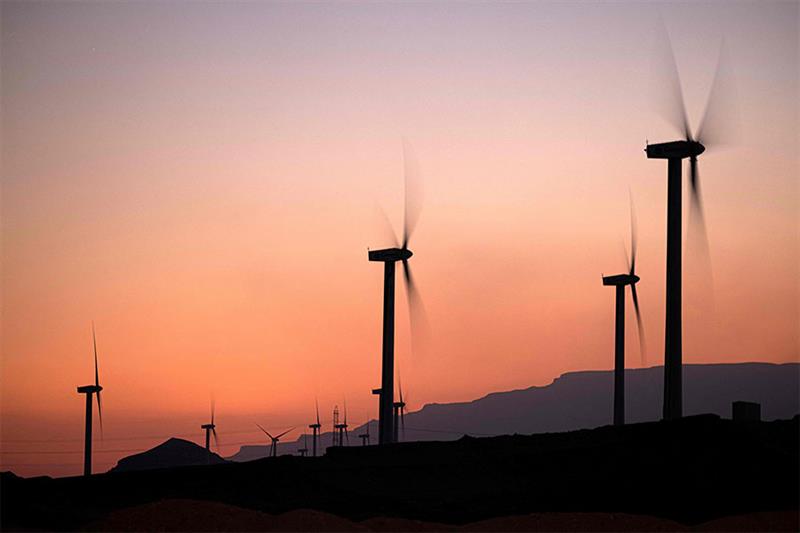Egypt-Germany’s transmission grid expansion is the intended reason for the debt swap agreement worth 54 million euros. The German Development Bank (KfW) signed this agreement with the Ministry for International Cooperation, the Ministry for Electricity and Renewable Energies and the Central Bank of Egypt on behalf of the Federal Ministry for Economic Cooperation and Development (BMZ).
The transmission grid agreement has been signed to ease transition to green energy, integrate renewable energy and improve its capacity.
This deal frees Egypt from paying €54 million in debt to Germany and allows it to allocate the funds to the green energy transition instead. Germany agreed to provide a total financing package of more than 250 million euros, including debt relief and concessional loans and grants. During the COP27 in Sharm El-Sheikh in November 2022, the German government committed itself to make a significant contribution to the Egyptian state initiative “Nexus Water Food Energy- Energy Pillar” (“NWFE-EP”).
The Ministry pointed in particular to the construction of two substations and the connection of two wind farms (Amunet and Red Sea Wind Farm), each with a capacity of 500 MW, to the national transmission grid.These projects are implemented in cooperation with the Egyptian Electricity Transmission Company. The current debt swap will help the Egyptian government meet its target of 42% renewable energy by 2030 by funding investments that pave the way for this important initiative.
“The purpose of the Egypt-Germany debt swap agreement is to develop a transmission grid to integrate renewable energy into the electricity grid and improve its capacity,” the embassy said. They added that the German government also pledged to make a significant contribution to Egypt’s Nexus on Water, Energy and Food (NWFE) program during the 27th United Nations Climate Change Conference (COP27) in Sharm el-Sheikh in November 2022 .
Read more: ReNew Power set to invest $8bn in green hydrogen plant in Egypt
This gives the Egyptian population and economy access to an improved, cost-effective and reliable energy supply and optimally integrated renewable energies.

